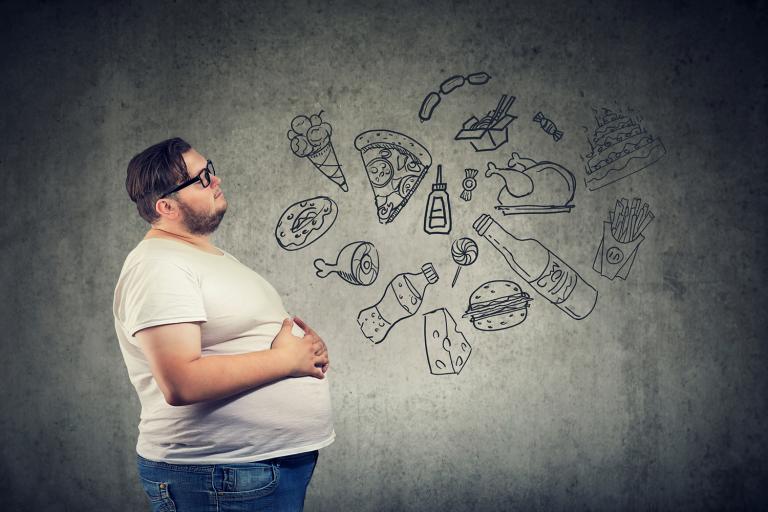Despite your best intentions, do you find yourself dodging the gym and diving into the chips instead? The compulsion to repeat negative behaviors is a common one. Sure, routine feels familiar, which is reason enough to do it. But when it’s bad for you, yet hard to give up, a simple desire can become a dependency or, even worse, an addiction.
Fortunately, you can turn harmful habits into healthful choices.
How to Stop Habitual Eating
Identify the Cause
Start by knowing why you’re prone to bad eating habits. “Most habits that have an addictive quality provide some kind of positive reinforcement, at least at the onset,” says Amy Lanou, Ph.D., nutritionist and assistant professor at the University of North Carolina Asheville.
-
Sugary Foods
Eating a candy bar satisfies your sweet tooth. Meanwhile, the chocolate and sugar elevate your mood because they stimulate the brain’s release of dopamine and other feel-good chemicals.
-
Cheese and Other Dairy
Cheese is another. “It contains casomorphins, a similar molecular structure as morphine, which makes you feel good,” Dr. Lanou continues. “The theory is that this chemical exists to make the baby want more milk. But we’ve taken what’s naturally present, designed to help the mammal survive, and concentrated it into a widely eaten food.”
Other people can’t resist salty or fatty foods.
How Cravings Turn Into Addiction
“For a while, you can make conscious decisions about eating these,” says Dr. Jeffery Wilkins, director of Addiction Medicine, Cedars-Sinai Medical Center, in Los Angeles, Calif.
“Traditional addiction kicks in because of biochemical changes in the brain. With the advent of brain imaging, it’s now possible to see where addiction ‘lives.’ A new decision hierarchy is established in the brain: All you care about is getting ‘the drug.’ The neural pathways for drug addiction are the same as those linked to the enjoyment of certain foods.”
You then need to eat more of the addictive food to satisfy your craving. Even stomachaches, anxiety, or added pounds don’t get you to quit.
“When craving certain foods or activities, you’re actually trying to fill some inner need,” says Dr. Lanou. “It can be anything from attention and affection to relaxation and stress relief.”
The Seven Rs
You may need a counselor’s help, but once you know the cause of your bad habit, you can work to kick it.
Along the way, restore yourself with “exercise and a plant-based, nutrient-rich diet with essential fatty acids,” says Dr. Lanou.
Consider taking a good multivitamin/mineral for additional support. Your body will thank you for it.
-
Recognize
Name and admit your habit, so you can change it.
-
Reassess
Set new goals for yourself, focusing on what you want, not the opposite.
-
Refuse
“A clean break is more effective than a gradual one,” assures Dr. Lanou, saying three to four weeks ought to do it.
-
Replace
“Swap the bad habit for something pleasurable, such as a handful of raspberries or a walk,” she continues.
-
Reinforce
Hang notes to remind yourself of your goal, and seek support.
-
Record
Monitor your progress, so you can improve it.
-
Reward
Praise yourself for mini-successes and when you reach your goal.

